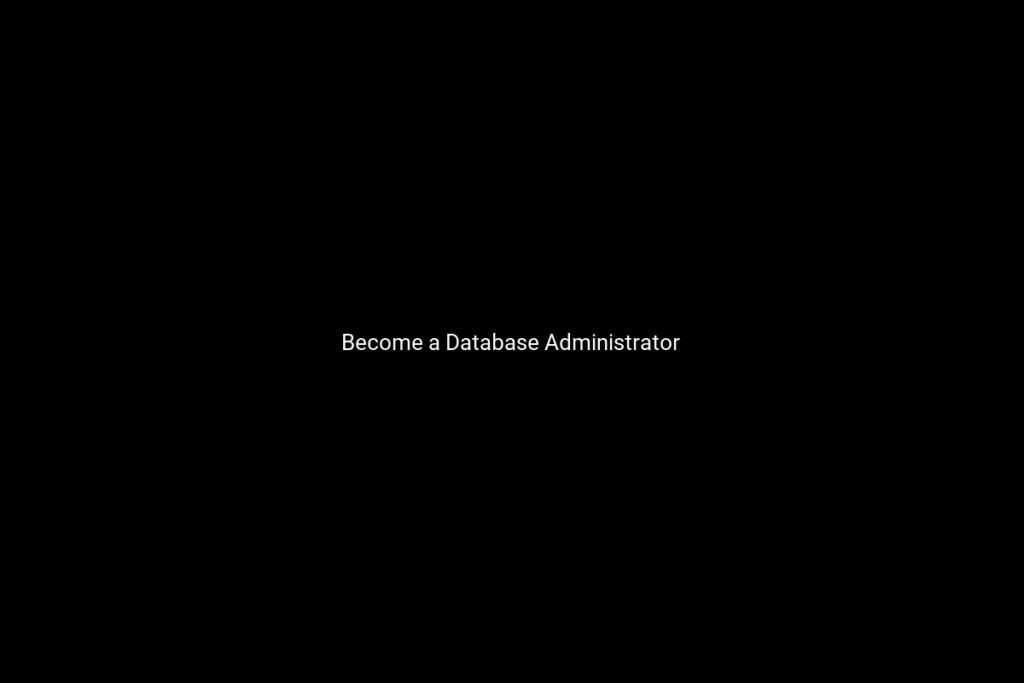With the advent of the internet, information took on a new importance in our world. Every monetary transaction we make, every doctor’s appointment, and every choice in the supermarket is likely being recorded and housed somewhere to aid in statistical decision making or predictive analytics. Because of this, there is a large demand for database administrators, or DBAs. According to the Bureau of Labor Statistics, DBA employment is expected to grow faster than average in until 2022.
If you are unfamiliar with DBAs, you are not alone. Most organizations have never heard of them until they discover that they need a DBA to monitor and control their database or data warehouse. A DBA has a variety of roles and skills, and for many people, it may be the perfect career choice. Typically, a DBA performs routine maintenance on the relevant servers, monitors them for problems, optimizes the data structures for speed and usability, and assists in developing applications using the data.

If you are interested in becoming a DBA, here are the skills you must have. First, you must be capable of logical, linear thinking. Like programmers, DBAs must be able to follow an algorithm carefully. Second, you must be comfortable with technology. Being a DBA means interfacing with complicated computer systems routinely. Finally, you must be a fast learner who keeps up on new technologies. As technology develops, you can easily be left behind.
If you have all of those skills, a DBA career might be the perfect fit. It has high job security, flexible hours, and minimal physical requirements. In addition, it is often possible to work remotely some or all of the time. On the other hand, you must be prepared to answer calls when problems arise, potentially in the middle of the night. Many entry level jobs are shift work based, so flexibility in your time requirements will help you get ahead.
A good place to start as a DBA is by learning basic SQL. SQL, or Structured Query Language, is the standard method for interfacing with most databases. Individual vendors like Oracle and Microsoft have extended this language to allow more complicated operations, and learning individual software packages can help to advance your career. Consider a course or two on databases at the community college or vocational school level as well if you are career changing in order to demonstrate that you are serious and are ready to hit the ground running. If you are, you can expect lots of growth in this field as more and more of our information is stored and utilized.

Recent Comments